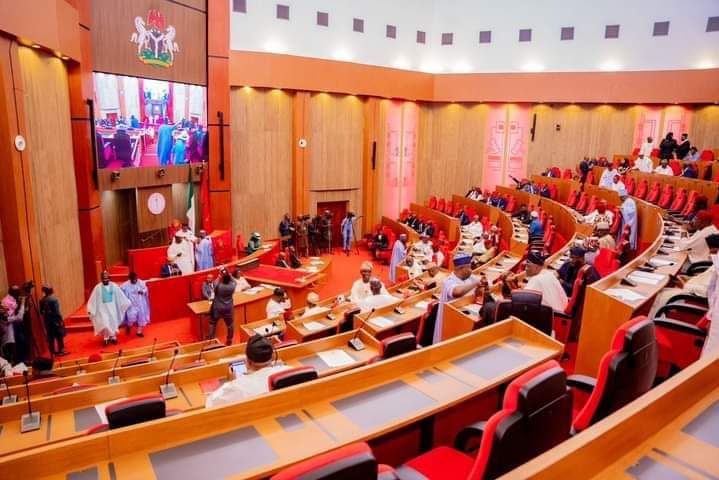
Political analysts are increasingly attributing legislative inefficiency and growing corruption within Nigeria’s parliament to the absence of constitutional term limits. They argue that this legislative gap has enabled some lawmakers to entrench themselves for decades, turning legislative seats into permanent fixtures with minimal accountability to constituents.
The lack of term limits, analysts say, fosters entitlement and stagnation, with long-serving legislators disconnected from the realities of their electorate. “When an individual occupies a legislative seat for too long, they begin to feel entitled to it, as though it is their personal property,” said Professor Kamilu Sani Fagge, a political science expert at Bayero University, Kano. “This mindset can provoke political instability, especially when others attempt to challenge their dominance.”
Prolonged tenures not only discourage new ideas but also hinder youth involvement in governance. Fagge emphasized that while long-term service can bring experience, it also blocks opportunities for younger, qualified candidates to contribute to national development. “Introducing a two-term limit for lawmakers, just like governors and the president, would promote political renewal and empower the youth,” he added.
Yusuf Ibrahim Lajawa, a former two-term member of the Kano State House of Assembly, agreed, noting that indefinite legislative terms create a culture of entitlement. “Some lawmakers today treat their seats as though they inherited them,” he told DAILY POST in a phone interview. He further noted that the absence of term limits contributes to legislative complacency and reduced accountability.
Analysts are calling for a constitutional amendment to introduce term limits for members of the National Assembly and State Houses of Assembly. However, Lajawa expressed skepticism about the feasibility of such a reform. “The challenge is that it is these same lawmakers who are responsible for amending the constitution. Do you really believe any of them would sponsor or support a bill that limits their own tenure?” he asked, highlighting the difficulty of securing the required two-thirds majority.
Since Nigeria’s return to democratic rule in 1999, some legislators have remained in office for as long as 26 years, with no sign of stepping down. Political commentators argue that this entrenched political culture undermines democratic renewal and public trust in the legislative arm of government.
Despite the challenges, many citizens remain hopeful that a reform-oriented legislature will emerge—one that paves the way for a new generation of leaders to drive meaningful change in Nigeria.







